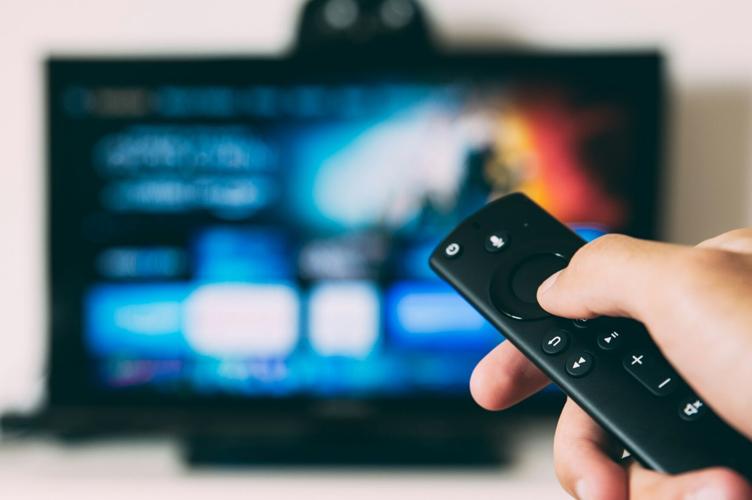
Glenn Carstens-Peters
By Stephen Beech
Binging TV shows may be good for your mental health, according to a new study.
Watching episode after episode of dramas such as "Breaking Bad", "The Sopranos" or "Mad Men" can help people get through tough times, say researchers.
In the age of streaming, binge-watchers have probably said “Just one more episode” hundreds of times over..
But while binge-watching may seem a bad habit, the new study suggests there may be some benefits to not turning off the television early.
The research team said that people who find themselves watching one episode after another may find it difficult to get the story out of their heads, but that may not necessarily be a bad thing.
The study found that people who enjoy marathon sessions watching movies or TV shows or reading books are more likely to remember stories and keep engaging with them through daydreams and fantasies.
Study lead author Dr. Joshua Baldwin, a media psychology researcher at the University of Georgia, said: “Humans are storytelling creatures.

(Photo by Kaboompics.com via Pexels)
"One of the functions of narratives is the ability to satisfy motivations for things like connecting with other people, feeling autonomous and confident, and even security and safety.
“Stories have characters that fulfil these roles, and we can satisfy those needs through them.”
Dr. Baldwin says binge-watching may help viewers build "mental worlds" where stories continue even after finishing the series. And those tales may help them cope in times of stress.
He said binge-watching can help make stories more memorable by helping viewers connect plot threads and come away with a bigger picture of the story.
That is especially true for longer series with lots of different plotlines and characters to follow, according to the study published in the journal Acta Psychologica.
The findings also suggest binge-watchers are more likely to think about stories they’ve finished than people who consume media more slowly.
Dr. Baldwin said: “People who have that habit of binge-watching shows often aren’t doing it passively but are actually actively thinking about it afterwards.
“They’re very much wanting to engage with stories, even when they’re not around to watch shows.”

(Photo by Vitaly Gariev via Pexels)
He explained that to imagine a story, a person needs a good memory of it.
Most participants in the study said they tend to remember and fantasise more often about stories they enjoyed or thought to be moving and meaningful.
Overall, the respondents said TV shows were more memorable than books.
But that doesn’t mean books are forgettable, according to Dr. Baldwin.
He said, “If you think about people who are avid book readers, like those who might read a whole book from cover to cover, they might have a better memory of that book and have a higher chance of engaging with the story mentally after finishing it."
Although impacts on well-being need to be explored further, the researchers say the positives and negatives of binging may come down to the individual.
Dr. Baldwin added, “There’s a lot of debate over whether or not media is a good or bad thing, but it’s always a nuanced argument.
“It always depends on the content itself, why people are watching it, the psychological background of the individual, and the context.”
























(0) comments
Welcome to the discussion.
Log In
Keep it Clean. Please avoid obscene, vulgar, lewd, racist or sexually-oriented language.
PLEASE TURN OFF YOUR CAPS LOCK.
Don't Threaten. Threats of harming another person will not be tolerated.
Be Truthful. Don't knowingly lie about anyone or anything.
Be Nice. No racism, sexism or any sort of -ism that is degrading to another person.
Be Proactive. Use the 'Report' link on each comment to let us know of abusive posts.
Share with Us. We'd love to hear eyewitness accounts, the history behind an article.